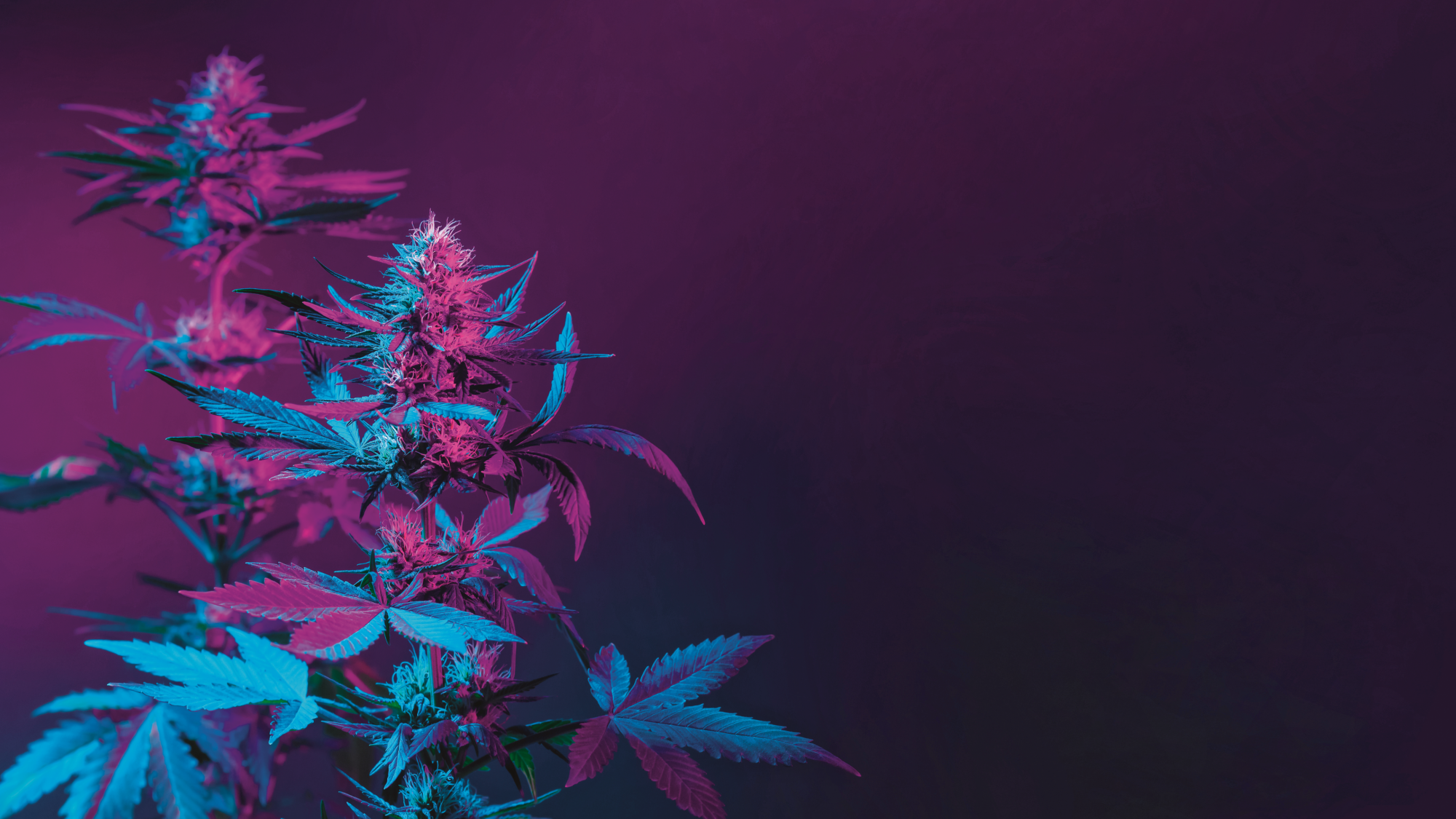Impaired driving is one of the leading criminal causes of death in Canada. It’s time to weed out misconceptions about driving under the influence of cannabis.
MYTH 1: Driving high is not as dangerous as drinking and driving.
Your risk of being involved in a motor vehicle crash can double if you’re under the influence of cannabis. According to CAA research conducted by McGill University, cannabis slows your reaction time and reduces your ability to stay in a lane or avoid obstacles. It also affects your ability to make accurate decisions.
MYTH 2: Cannabis is legal, so driving while high is just a slap on the wrist, right?
Wrong. Impaired driving is a serious offence because it threatens your safety and the safety of anyone else on the road. Your first offence comes with hefty fines, a suspended license, an impounded vehicle and possible jail time. And penalties get much steeper with subsequent infractions.
MYTH 3: There’s no way police can enforce the laws.
Police officers across Canada are trained to identify signs of drug impairment and can administer approved drug-screening tools. While roadside, they may start with a Standardized Field Sobriety Test to check your eyes or see if you can stand on one foot. You may also be asked to provide a saliva sample for an Approved Drug Screening Equipment device that can detect multiple substances, including cannabis. Failing these tests means you’ll meet with a Drug Recognition Expert who will conduct a 12-step evaluation to determine if you’re impaired and what drugs you’ve taken. Refusing these tests will result in criminal charges.
ALBERTA CANNABIS USE
Twenty percent of Albertans aged 15 and older have consumed cannabis in the past three months, according to Statistics Canada, versus the national average of 16 percent.
MYTH 4: I’m fine if I wait an hour or two before driving.
The McGill research found that young drivers were at risk of a collision even five hours after ingesting cannabis. Your reaction to cannabis varies each time you take it, depending on product potency and your method of consumption. Edibles take longer to kick in and some studies suggest they can remain in your system for up to 12 hours. There’s no clear-cut answer on how long to wait. It’s not worth the risk—take a cab, rideshare or opt for a designated driver.
STAY SAFE
Learn more about cannabis-impaired driving at ama.ab.ca/DriveHighDUI.
